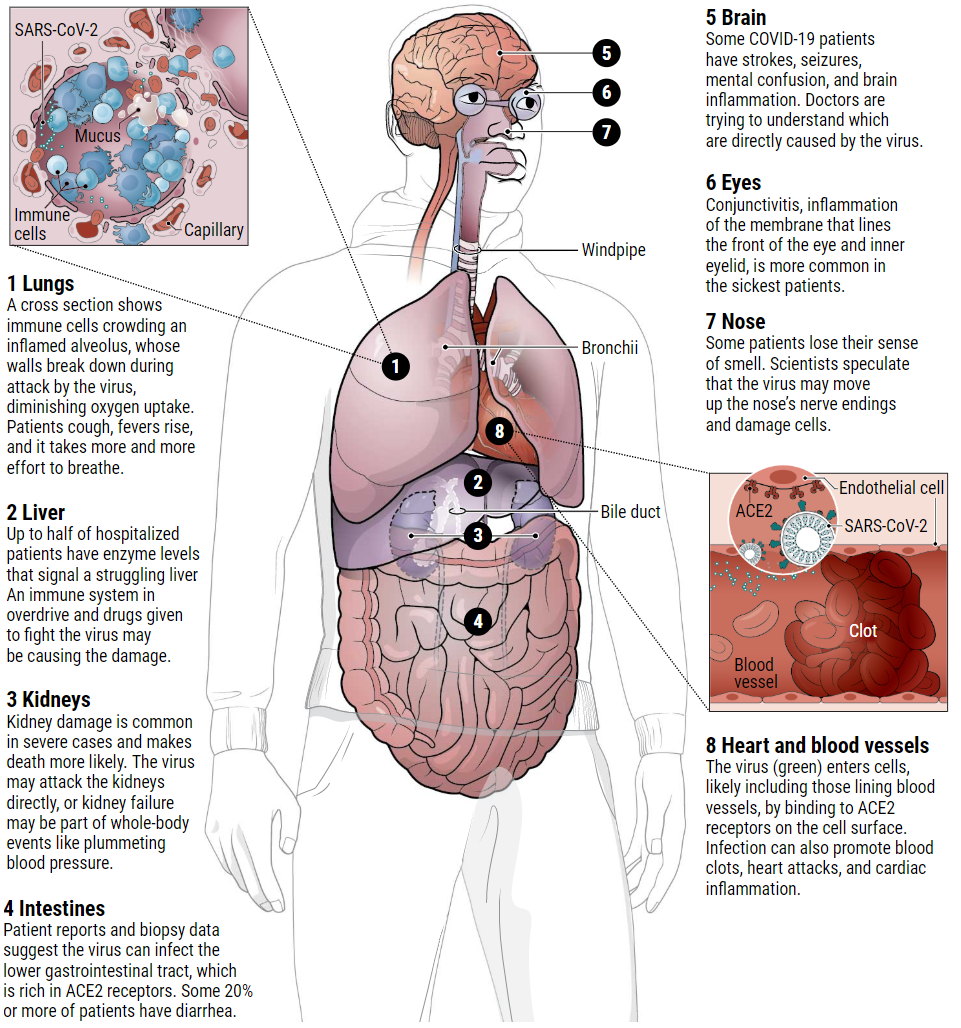每日外闻96

在20世纪50年代早期,Peter Medawar和他的同事们证明了移植耐受可以通过在成年老鼠的子宫内接种来自供体的细胞来诱导。这个精巧的实验揭示出,早期的免疫系统在功能上是独立的,并且对持续到成年期的免疫程序做出反应。近70年后,人们对胎儿新生儿免疫系统的复杂性和发育轨迹有了更好的了解。我们也开始认识到,在生命早期,免疫系统的发育并不是孤立的,而是受到母体细胞、共生微生物和病原体的强烈影响。
在生命早期开始的免疫系统编程可能会影响以后生活中出现过敏、自身免疫、生殖和神经精神疾病等疾病的风险,这进一步强调了这类研究的转化意义。
-----
In the early 1950s, Peter Medawar and colleagues showed that transplant tolerance could be induced in adult mice by inoculating them in utero with cells from a donor strain. This elegant experiment revealed that the immune system in early life is functionally distinct and responsive to programming that persists into adulthood. Nearly 70 years later, the complexity and developmental trajectory of the fetal–neonatal immune system are much better understood. We have also begun to appreciate that the immune system in early life does not develop in isolation but is instead strongly infl uenced by maternal cells, commensal microbes, and pathogens.
This special issue surveys recent advances in the fi eld of early life immunology. Review articles highlight distinctive features of human fetal immune system development elucidated by unbiased multi-omics analysis, the impact of commensal metabolites and xenobiotics on immunity before and after birth, how maternal and fetal immune components work together to combat viral infections during pregnancy (and what happens when these mechanisms fail), and the potential of vaccination approaches to boost fetal–maternal immunity and protect neonates against the pathogens that most frequently cause them harm.
These discoveries should inform future public health initiatives and draw renewed attention to the vulnerability of children in early life, laying the groundwork for vaccination strategies to target pathogens that cause congenital and neonatal infections as well as therapies to treat disorders such as stillbirth and prematurity. Evidence is also mounting that immune system programming that starts in early life may influence the risk of developing conditions such as allergic, autoimmune, reproductive, and neuropsychiatric disorders in later life, further underscoring the translational implications of this kind of research.
See you tomorrow










